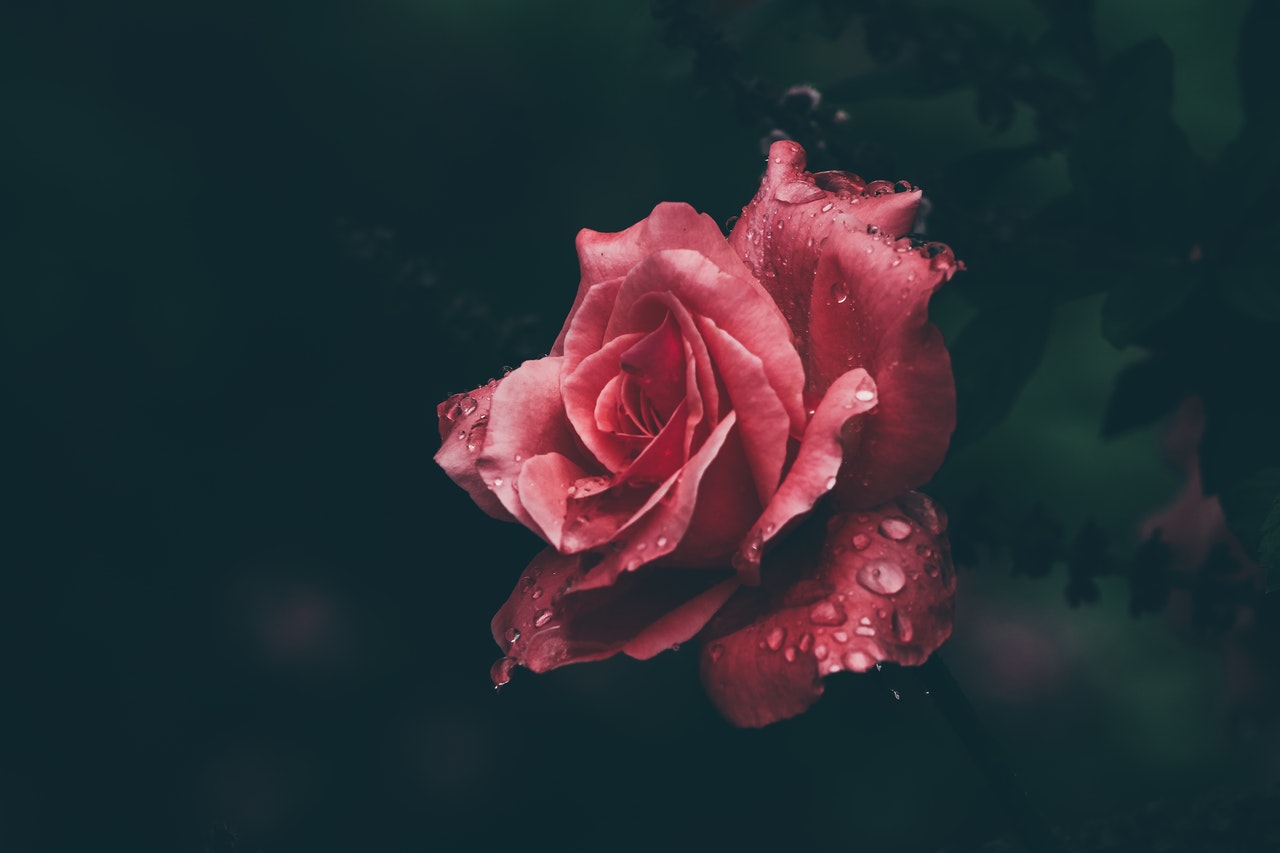You’re reading part three of a six-part interview. Click on the links to navigate:
- On Five Star Billionaire and personal reinvention
- On old and new China
- On censorship and (not) being a spokesperson
- On living in and writing about Shanghai
- On the art of writing
- On literary culture in Singapore
Click to view the interview on a single page.
See Aw’s schedule of public appearances in Singapore in April.
Did you feel at liberty to write what you wanted; were you worried about censorship at all?
I felt completely liberated in saying what I wanted to say. Personally, I felt much less constrained in China than I do in Malaysia or Singapore. What I was seeing in Shanghai around me, contrary to what we think in the West, is that Chinese people have a really sharp sense of what is going on around them, they know politically what’s happening, and actually they say a lot of stuff, in blogs and in real life. Particularly in Shanghai, which has its own very strong cultural identity. People were very open about what they thought about the government. They’re not stupid. They’re very well informed and they can get the information they need.
If there was anything strong that I needed to say in a political sense, then it was really about Malaysia rather than China. People think about Malaysia and they think it’s about nice beaches and nice holidays—they don’t really think about it as somewhere with absolutely no freedom of press, blanket censorship, huge corruption.
Do people look to you to speak about these things?
No, not really. Ha Jin, the Chinese writer, wrote a really interesting essay on the writer as migrant and in it he says that, once you base yourself abroad, people don’t want you to be their spokesperson. They find it quite annoying. So I don’t set out to make any statements.
But for people of my generation, it was impossible to talk about a full and genuine experience of our growing up—and the characters in the book are my age, my generation—without talking about politics. Because in Malaysia, politics are in your face, all the time. What you can or cannot do is so governed by the politics of money and the politics of race. It’s just normal that when I talk about them growing up and becoming adults, that I would naturally talk about these kind of things as well.
Would you consider writing about the UK?
I just don’t feel ready to do it yet. I think that is because UK is still where I spend most of my time. I have a less complicated relationship with the UK than I have with most of South-East Asia. It doesn’t trouble me the same way. And because my relationship is less complex with the UK, I don’t feel so compelled writing about it. I don’t feel the emotional need to write about it in the same way.





